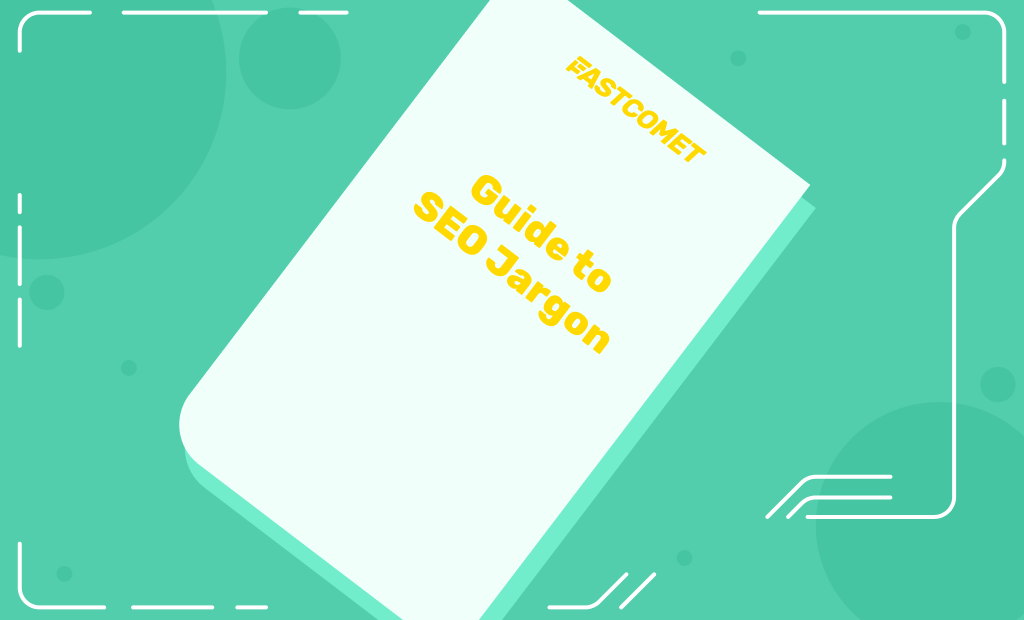
How to Choose a Domain Name for Your Website
With this post, we try to help you understand the importance of choosing a domain name that best describes your website so that people can easily memorize it and find you on the Internet. Hopefully, after reading it you will be able to come up with an original domain that will set your website apart.
Whether it is a personal blog where you will be writing about your topics of interest hoping to make some income or a company website where you will be selling a particular service or product, you need to think about the people who will be interested in visiting your website.
Having a clear and precise idea about your target audience is essential for the long-term success of your website. Remember that people will think about, talk about, and search for your website by its name. With this in mind, the most obvious answer to the question above is to pick a domain name that matches your website’s name.
What is a Website Name?
If you run a local business, your website most probably should be named after your business name. For example, if you have a bakery shop which is known and advertised under ‘Adam’s Bakery’, you should name your website ‘Adam’s Bakery’ or ‘Welcome to Adam’s Bakery’. You may also use a hyphen and use some keywords that best describe your products such as Adam’s Bakery – Wedding cakes. So in our example, the smartest choice for a domain name would be adamsbakery.com
On the other hand, if you are starting a new blog or a company and you wonder how to brand it on the Internet, we suggest you start by registering a domain name first and build your website’s name around it.
Think about the words that best associated with your business, write them down, and try to come up with a domain that is easy to type, pronounce and remember. Ask yourself who do you want to come to your site and what are the most likely words they will type in Google, Yahoo or Bing?
What are the Common Principles when Choosing a Domain Name?
There are some generally accepted principles when deciding upon your domain name. Many argue that you should keep it short – two or three keywords maximum and that you should avoid using numbers, hyphens, and underscores in your domain name.
You should also keep your domain name easy to write and spell, avoid copyright infringement, and try to keep it as unique as possible. In the beginning, much of the traffic on your new website will be driven by search engine websites such as Google, Yahoo, and Bing. Therefore, it is smart to help them list correctly your website to potential targeted visitors in their organic results. Of course, it takes much more than a domain name to rank high in search results, but selecting the right keywords for your domain helps a lot.
Now, let’s go back to our local business example. In case you are wondering whether or not to include in your domain name your geographical areas such as a town, a neighborhood or even a landmark name, we did a little experiment search in Google to see what domain names rank highest. We typed anonymously ‘flowers Notting Hill’ in google.co.uk and we looked at the results on the first three pages.
If we do not count the ad links and Google + Local pages links (this is why it absolutely import to list your business in Google +) we had a list of 28 websites. Only 1 had ‘Notting Hill’ keywords included in the domain. And yes, it was nottinghillflowers.co.uk and is ranked on top of the first page!
Then we typed ‘flowers manhattan’ only this time in google.com. The search engine returned 30 organic results, 32 ads, 7 Google Local listings, 1 Yelp listing with rating 4.5 on the first page and 1 Facebook page on the third page. One-third of the organic results in our search included a keyword of their geographical location: Manhattan, NYC, NY, NewYork, and Madison Avenue.
Surprising or not there is a website listed in the bottom of the second page with a domain name newyorkcitymanhattanflorist.com.
So, what does this mean? Solely target keywords do not guarantee the first page in Google. This means that you have to center your whole website, including its name, content, and marketing around these keywords in order to go up in search engines. Moreover, competing for the first pages in different geo locations differs significantly – what works on one side of the Atlantic may not do the job on the other.
We suggest you try such searches on your own when you look for a domain name and look for the keywords your competitors are using. It’s also helpful to check the related searches keywords at the bottom of the search results page on Google.
It may also happen that all keyword combinations that you come up are available to register. Some say it is smart to buy them all and point them to your website in order to prevent someone else from registering any of them in the future.
For example, one of our clients has registered three domain names crossfitsteelbarbells.com, stellbarbells.com, and steelbarbellscrossfit.com. Although it is highly improbable another gym with the same name to open in his area, someone else on the other side of the country may wish to use the same name for their business and register a very similar domain name. If this is your case, maybe it is a smart idea to use a hyphen with your city name in your domain name.
Very often in real life things may get trickier though and there’s a great chance that the domain name you like is already registered by someone else, especially if you are going to target a popular niche. That is precisely why the common logic is to start by securing a good domain name first and then build your website name around it.
Do not try to go for a slightly different variation of another domain, especially if it’s a well-established site or brand. Trying to steal visitors from your competitors may work in the beginning, but in the long run, it is a guaranteed failure. Instead, try to be more creative and set up your own web identity.
You are also advised to avoid using a sequence of letters with no meaning that is difficult to memorize and type correctly in the browser address bar. For example, this means not to register a domain name that comprises the first letters of a long string of keywords, which is probably the name of your business or organization.
Here’s another example of a domain name to try not to use – jtchc.org – it stands for Jessie Trice Community Health Center in Miami, Fl. It is true that the domain name makes no sense at all and first-time visitors will most probably never type it correctly unless they have a business card or a brochure at hand. It’s highly improbable for people in a conversation to say: “Hey, check out the jtchc website, they might be able to help you!”.
In this example, the website’s name plays a role. Although the domain name is impossible to remember, the website name is Jessie Trice Community Health Center Inc. and this is what people will remember and search for. It helps search engines tremendously too so that when you type Jessie Trice in Google for example, which is much easier to remember, their website comes on top of the search results.
As you can see the domain name is not everything, even a bad domain name can be properly listed in search results if you include the whole name of your website and make proper use of the meta tags.
Which are Better – Country-Specific or General Extensions?
Finally, you may ask yourself whether to go with a .com domain or choose another country-specific extension such as .fr, .de, or .co.uk. The most widely used domain extension is .com. As an alternative, you may also choose a .net domain. If you are making a website for a non-government association, you may use .org or if you are going to build a website for a school or university it is common to use .edu domain extension.
The tricky part comes when you are starting an international website. We recommend using .co.uk or .uk domain extensions if you are located in The UK. In all other cases, you may use either .com or the specific country domain extension.
There is no proof that search engines prioritize website listings according to their domain extensions. Here, again you should name your website in your language and use meta and keywords in that particular language in order to rank higher.
Final thoughts
To sum up, the bottom line when choosing a domain name for your new site is to understand how people actually search the Internet and what makes them click on the domain name link in the search results. Of course, their searching habits evolved dramatically, people become savvy and impatient when it comes to finding the exact information they are looking for. So, be specific, use short and easy-to-remember keywords and if possible find an original domain name that will help you brand your business or website.
Our advice is when you are 100% sure about the brand name you like, register it as soon as possible. Do not worry that you don’t have a website yet, secure your domain first. You don’t want to waste weeks or months building a super cool marketing concept about your site, only to find out that someone else has registered your domain name. Yes, good domains get registered very fast.
While being on the subject, you can get a Free Domain Name for life with all hosting plans provided by FastComet. Search for your domain name and sign up today to secure it.

The latest tips and news from the industry straight to your inbox!
Join 30,000+ subscribers for exclusive access to our monthly newsletter with insider cloud, hosting and WordPress tips!



No Comments